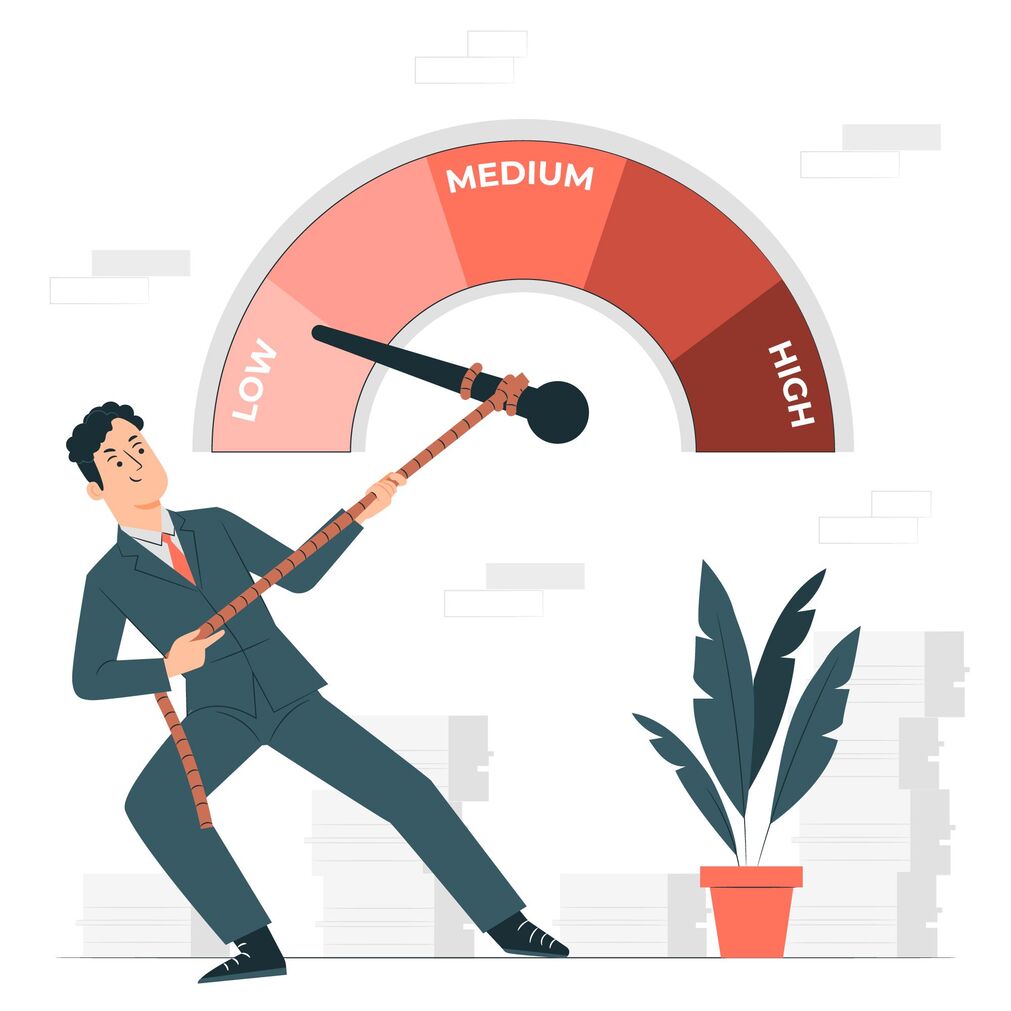In the world of real estate investing, the loudest wins often come from quiet strategies. Off-market deals—properties that are not publicly listed for sale—have long been a favorite of savvy investors who prefer to grow their portfolios without the noise of bidding wars or inflated listing prices. These deals are a key driver of what some call “silent wealth”—passive income and long-term financial freedom built behind the scenes.
This guide explores how off-market deals contribute to a steady stream of income, where to find them, how to structure them for scale, and what red flags to watch out for before committing.
1. What Are Off-Market Deals?

Off-market real estate deals are properties that are available for sale but not listed on the Multiple Listing Service (MLS) or public platforms like Zillow or Realtor.com. They may be shared through private networks, sold directly by owners, or offered to a select group of investors.
Off-market properties can range from distressed homes and inherited estates to tenant-occupied rentals and pre-foreclosures. What makes them attractive is the element of exclusivity—fewer competitors, greater negotiation flexibility, and often, higher returns.
2. Why Off-Market Deals Create Passive Income Opportunities

Lower Entry Cost = Higher Yield
Because off-market properties aren’t publicly advertised, sellers are often motivated by speed, privacy, or simplicity rather than top dollar. This means you can acquire them at a lower price, improving your cash-on-cash return and rental yield.
Example: A duplex valued at $280,000 might be acquired off-market for $245,000. With monthly rental income of $2,200 and lower initial investment, the investor sees stronger cash flow and ROI from day one.
Fewer Bidding Wars = Better Terms
With fewer eyes on the deal, buyers can negotiate more favorable terms—such as extended due diligence periods, creative financing arrangements, or seller concessions. The absence of competitive pressure allows you to act strategically rather than emotionally.
Ideal for Buy-and-Hold Strategies
Off-market properties often come with tenants already in place or have been under the radar due to long-term ownership. These characteristics make them ideal for passive income models like:
- Long-term rentals with existing lease agreements
- Short-term rentals (Airbnb) with proven income records
- Section 8 housing with guaranteed government payments
Turnkey and Cash-Flow Ready
Many off-market deals come from tired landlords looking to exit. These properties may be rent-ready or require only light cosmetic upgrades. This means you can start generating income almost immediately after acquisition.
3. How to Find Off-Market Deals
Sourcing off-market properties requires proactive networking and creative approaches.
For an in-depth breakdown of sourcing off-market deals, including scripts and outreach tactics, [click the link].
Networking
Building relationships with local realtors, wholesalers, attorneys, and fellow investors can give you first access to pocket listings and insider opportunities.
Direct Outreach
Direct mail campaigns, driving for dollars (physically scouting properties), and cold calling absentee owners can uncover properties not listed online.
Example: Sending hand-written letters to owners of older homes in up-and-coming neighborhoods has a high conversion rate, especially if the owners are landlords tired of tenant turnover.
Online Tools
Platforms like PropStream, DealMachine, or REIPro allow investors to pull ownership records, identify absentee landlords, and run comps on off-market properties.
Word of Mouth
Letting your personal and professional circles know that you’re looking to invest can lead to surprising opportunities. Contractors, plumbers, and mail carriers often know when someone is planning to sell.
4. How to Structure a Passive Income System Around These Deals

Invest in Turnkey Properties
If passive income is the goal, consider focusing on properties that are rent-ready. Turnkey deals require less upfront rehab and enable faster income generation. These are especially useful for out-of-state investors.
Automate with Property Managers
Hiring a reliable property management company can help maintain a truly passive model. They handle tenant placement, maintenance requests, rent collection, and even annual inspections.
Creative Financing = More Deals
Use seller financing, subject-to deals, or lease options to acquire properties without tying up personal capital. This allows you to scale faster and spread risk across multiple units.
Stack Over Time
The power of off-market deals is compounding. By consistently acquiring underpriced, cash-flowing assets, you gradually build a portfolio that supports long-term wealth—even if each deal is quiet and unpublicized.
Example: An investor who acquires one off-market deal every 6 months ends up with 10 properties in 5 years—without ever competing on MLS.
5. Risks & What to Watch Out For

Lack of Transparency
Off-market doesn’t mean off-limits to problems. Some properties are off-market because they have issues: deferred maintenance, legal complications, or unclear title.
Hidden Repairs
Always get a full inspection—even if the property looks great on the surface. Some sellers mask foundational or plumbing issues, especially in older homes.
Title Issues
Off-market properties sometimes have liens, back taxes, or boundary disputes. Hire a title company to do a thorough search and ensure clean ownership transfer.
Importance of a Solid Team
Don’t go it alone. An investor-friendly agent, real estate attorney, contractor, and accountant can protect you from surprises and streamline your process.
6. Conclusion
Off-market deals are the secret engine behind many investors’ passive income portfolios. They offer lower acquisition costs, better negotiation power, and higher cash flow potential—without the competition of public listings. But they also require due diligence, discipline, and a strong team to avoid hidden risks.
If you’re looking to build silent wealth, consider shifting your focus from what everyone else sees to the deals that are never advertised. That’s where the quiet profits lie.
For a detailed understanding of Local Airbnb Laws; what every host should know in 2025
https://realestatetalks.org/2025/05/05/understanding-local-airbnb-laws-what-every-host-needs-to-know-in-2025
How to Calculate ROI on a Vacation Rental Property
https://realestatetalks.org/2025/04/30/how-to-calculate-roi-on-a-vacation-rental-property
Vacation Rental Investment: Pros, Cons and what to expect in 2025
https://realestatetalks.org/2025/04/29/vacation-rental-investment-pros-cons-and-what-to-expect-in-2025


